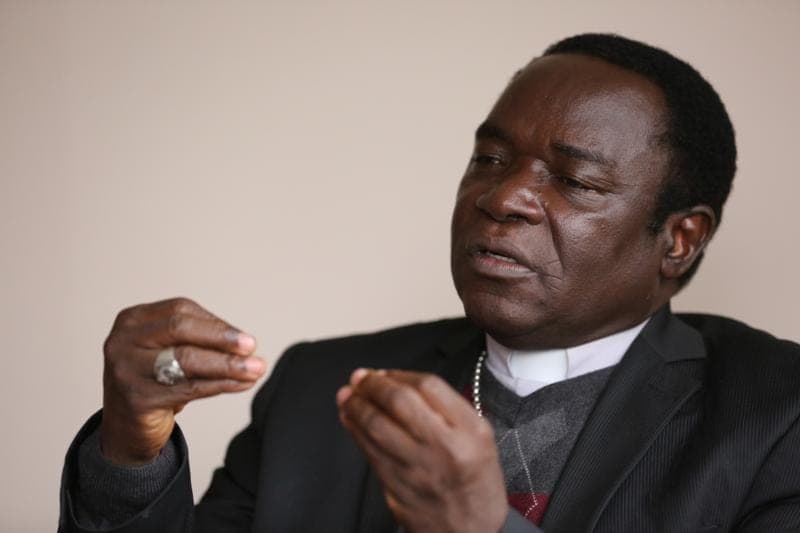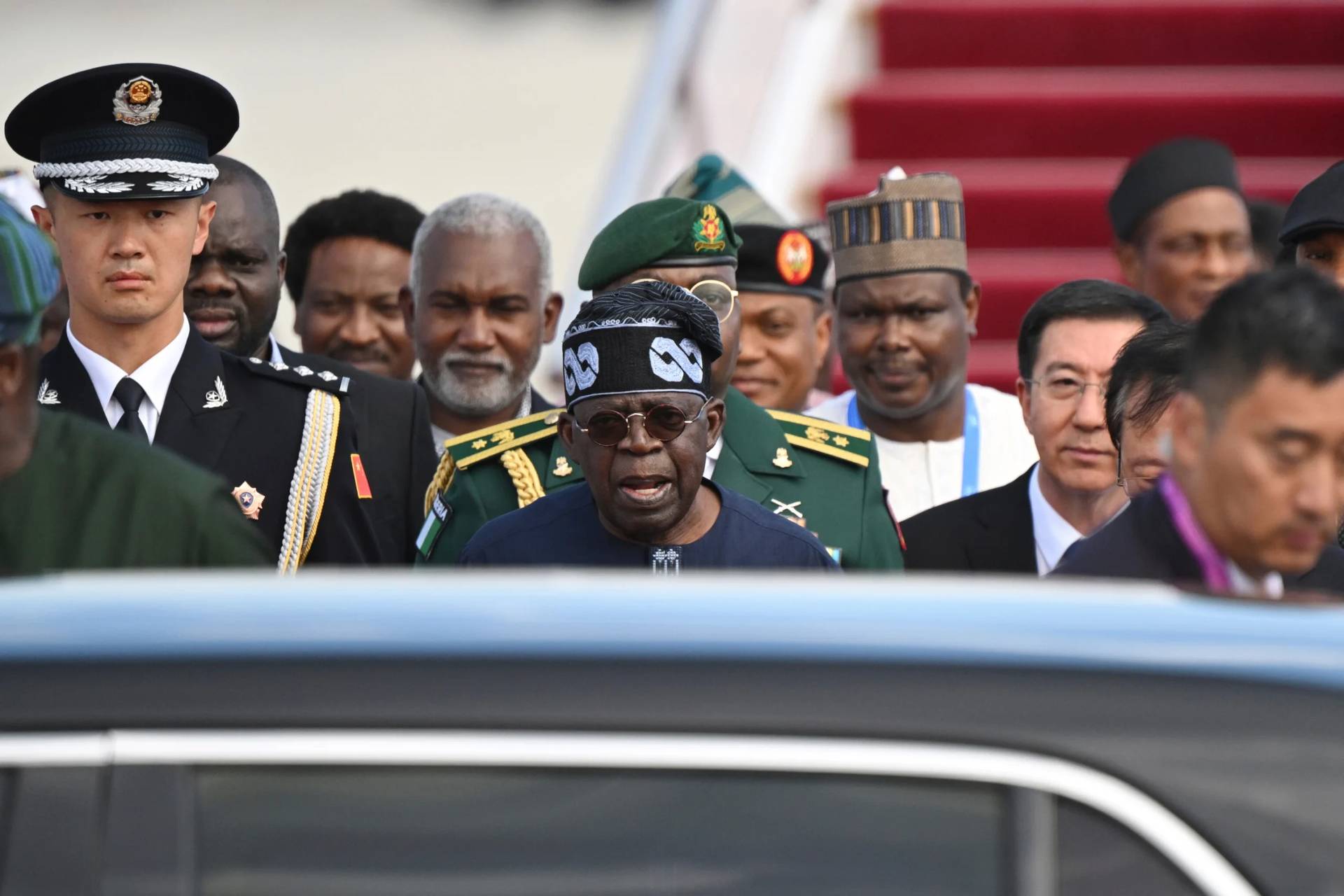YAOUNDÉ, Cameroon – Implementing sharia law in northern Nigerian states a generation ago has not produced the effects promised, according to a Catholic bishop of the region.
A dozen states in Nigeria are Muslim-majority, and since 1999 they have all at least partially implemented sharia law.
“According to the principles of Sharia, we are supposed to be seeing joy, happiness and equity and so forth. Well, those who brought the Sharia should tell us why Boko Haram and bandits have now taken over our country,” said Matthew Kukah of Sokoto.
Boko Haram – meaning “Western Education is forbidden” – has been leading an insurgency to establish an Islamic caliphate in the northeast of the country for the past decade.
Nigeria is almost evenly divided between Christians and Muslims, with the former being predominant in the south and the latter making up the majority in the north. An unstable “Middle Belt” exists where these two halves meet, often leading to conflict between members of the two faiths.
RELATED: Bishops urge Nigerian president to protect citizens, get schoolgirls freed
Sokoto, located in the northwest of Nigeria, is predominantly Muslim, with Catholics only making up less than 0.5 percent of the population.
Kukah was speaking at the 2019 annual meeting of the Nigerian Institute of Public Relations (NIPR) in Abuja on the theme “Optimizing Public Relations Strategies for National Cohesion.”
“The quest for national cohesion remains an illusion and the result therefore is that marketing Nigeria becomes an act of frustration. In part because too many issues have still not been resolved. Tragically as the population has increased, we have not been able to craft a narrative,” the bishop said.
He called on the Nigerian government to investigate the governors who introduced Sharia Law, and their ties to Islamic extremists, noting the areas where the insurgents are operating are contiguous with the areas where the Sharia declarations were made.
“To create a much better, just and fair society, hypocrisy has to stop,” he said. He said it was becoming impossible to move from Sokoto to the adjoining Zamfara state by road because of insecurity in the country.
The bishop also lamented the national election in Nigeria which took place earlier this year, leading to the re-election of President Muhammadu Buhari. Vote results tended to reflect tribal and regional loyalties reigning over policy concerns.
“We are practicing politics of very poor quality. The politics is so regionalized, factionalized. Whenever I look at the map of the last elections, I don’t feel proud as a Nigerian,” Kukah said.
RELATED: Cardinal who unified a fissiparous Nigeria readies to step off stage
“That you have an election in which very clearly the country is divided into two and the lines are precise meaning what the north is saying and thinking is different from what the south is saying and thinking. They are not reality, they are perception. And if this is the kind of country we have, how do we develop the capacity to manage diversity,” the bishop continued. “When you live in a country like Nigeria, where people are safer with their nephews, cousins, brothers, sisters, as special assistants, personal assistants, then we are in trouble.”
Kukah said he thinks that the problems in Nigeria “have very little to do with the things that we ascribe, but have everything to do with our inability, sheer incapacity to manage diversity. Managing diversity is a science.”
During the lead-up to the February poll, nearly 600 people died in election-related violence, much of it also having religious and ethnic overtones.
In a March statement, the Nigerian bishops called on the government to strengthen election laws and do more to prevent election irregularities.
RELATED: Nigerian bishops urge government to stop ‘culture of death’
“Elections should not be turned into a battle between warriors fighting to capture power and conquer territory and people at all cost,” said the statement, signed by Archbishop Augustine Akubeze of Benin City and Bishop Camillus Umoh of Ikot Ekpene, the conference president and secretary, respectively.
“Against the backdrop of the violence and bloodshed that characterized the last elections, we are pained that the culture of death is becoming embedded into our daily lives,” the bishops said. “This persistent devaluation of human life and property poses an existential threat to our personal survival and that of our nation.”
















